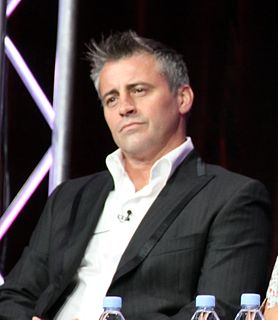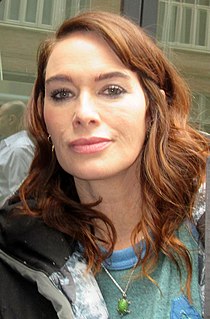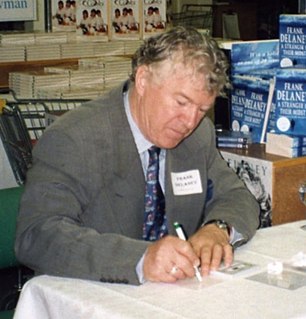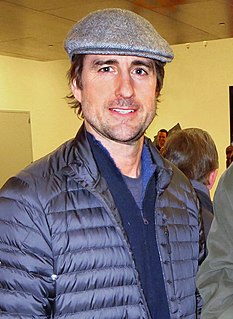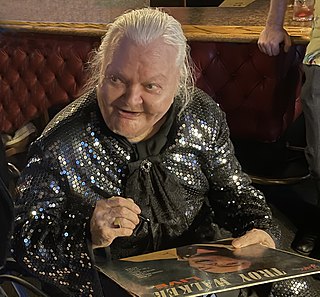A Quote by Matt LeBlanc
Comedy is just to me, maybe it's a natural knack, if I can see where the joke is in the writing and I can see where the setup is and I can tell this is the way to make it.
Related Quotes
E.L. Doctorow said once said that 'Writing a novel is like driving a car at night. You can see only as far as your headlights, but you can make the whole trip that way.' You don't have to see where you're going, you don't have to see your destination or everything you will pass along the way. You just have to see two or three feet ahead of you. This is right up there with the best advice on writing, or life, I have ever heard.
I have become a giant fan of the testing process, especially with a comedy. I mean, they tell you what's funny. It's almost tailor-made for people who shoot the way we shoot, trying a million different options and versions of things. Because the audience doesn't laugh at a joke, we put in another joke. If they don't laugh at the next joke, we put in another joke. You just keep doing them and you can get the movie to the point where every joke is funny, if you have enough options in the can.
The one joy that has kept me going through life has been the fact that stories unite us. To see you as you listen to me now, as you have always listened to me, is to know this: what I can believe, you can believe. And the way we all see our story-not just as Irish people but as flesh and blood individuals and not the way people tell us to see it-that's what we own, no matter who we are and where we come from.
Both law and comedy are heavily focused on thought and viewing all angles. To write a good joke, you have to look at a premise every way possible. And with a good legal argument, you have to see all sides to get the best line of argument for your client. Law school made me a better comic, and comedy has made me a better public speaker.
Maybe it's good a thing that people see me this way [in the documentary film]. They expect to see me with the high heels, the glamour looks, but now they will see me running through an airport with flat shoes! Also, they'll discover that stylists with "names" are in general nicer, sweeter, have a heart, have great relationships with family and friends, and that's important. It shows that people in fashion aren't just freaks.
Having written both comedy and drama, comedy's harder because the fear of failure's so much stronger. When you write a scene and you see it cut together, and it doesn't make you laugh, it hurts in a way that failed drama doesn't. Failed drama, it's all, 'That's not that compelling,' but failed comedy just lays there.
